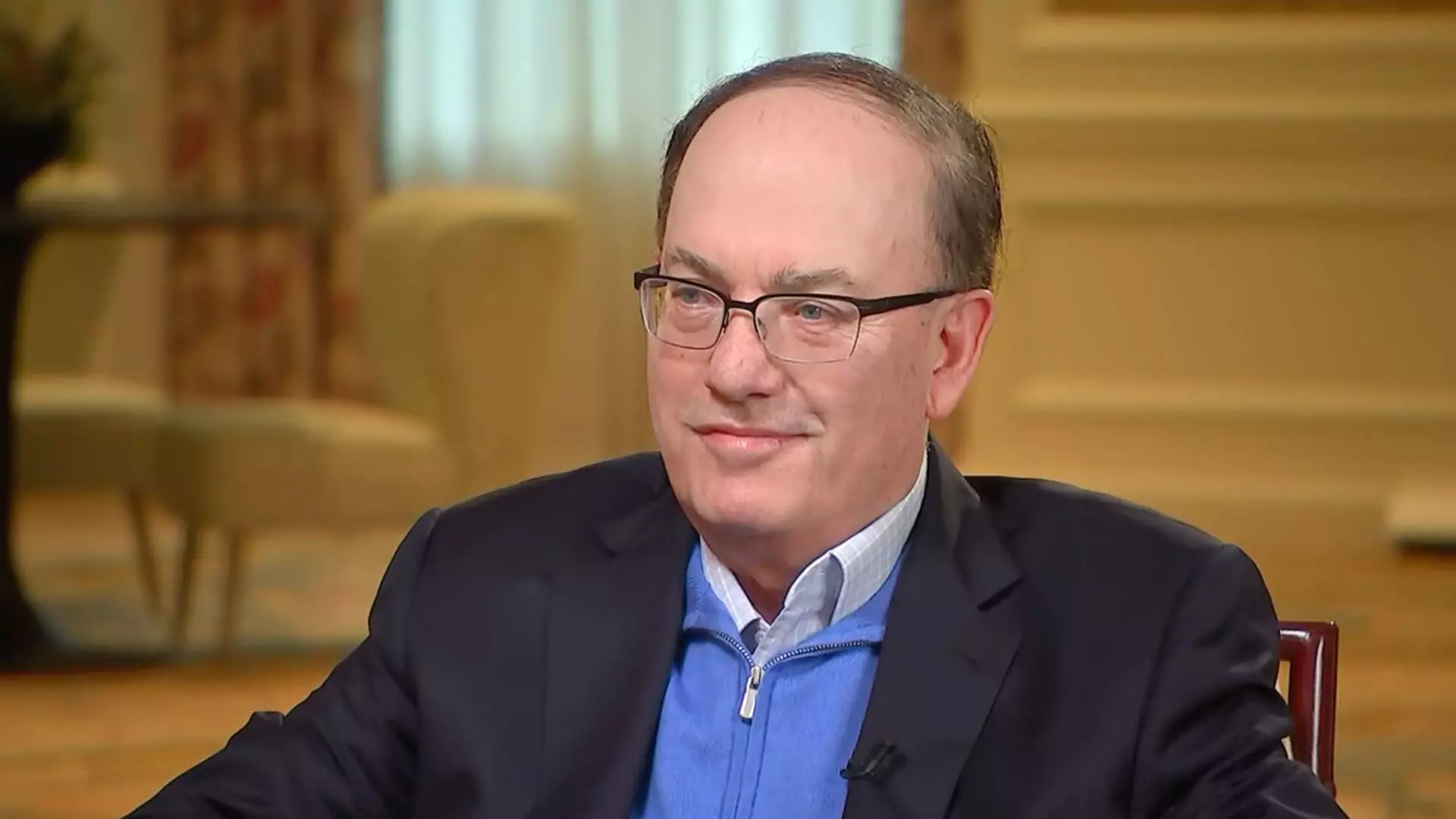Billionaire investor Steve Cohen has recently expressed a strikingly pessimistic outlook on the U.S. economy. His apprehensions arise from a convergence of factors, including the imposition of tariffs, an increasingly stringent immigration policy, and proposed federal spending cuts under the auspices of the Department of Government Efficiency. Such a stance highlights a significant departure from previous optimism, raising questions about the implications for market dynamics and economic growth.
Cohen’s critique of President Donald Trump’s trade policies is particularly noteworthy. He directly ties the aggressive tariff impositions to inflationary pressures, suggesting that these tariffs function as a tax burden on consumers. Unlike traditional taxes, tariffs often result in increased costs for imported goods, inevitably affecting consumer spending. Cohen’s argument is simple yet profound: as people adjust to higher prices, discretionary spending inevitably diminishes, which could, in turn, slow economic growth. His statement, “Tariffs cannot be positive, okay? I mean, it’s a tax,” encapsulates his concerns and puts a spotlight on trade policy as a determinant of economic health.
Furthermore, Cohen emphasizes the negative implications of a tough immigration stance. His assertion that slowing immigration will inhibit the growth of the labor force is backed by the basic economic principle that a robust labor market is essential for stimulating economic activity. With fewer workers available, productivity could stagnate, pushing the economy towards a downturn. Cohen’s observations suggest that the intersection of immigration policy and labor availability is a critical area for policymakers to address if they wish to sustain economic momentum.
In addition to the trade and immigration issues, Cohen casts a wary eye on the potential ramifications of drastic federal spending cuts proposed by influential figures such as Elon Musk. With the aim of slashing $2 trillion from the federal budget, such measures could stifle economic flow—money that has been pivotal in propelling growth. Cohen argues that the withdrawal of this financial influx could ignite a ripple effect of negativity across various sectors. His remarks underscore a key insight: cuts to government spending can have multi-faceted repercussions, inflicting damage that reverberates through consumer confidence and business investment.
The culmination of these factors leads Cohen to project a slowdown in economic growth, revising his expectations from a more optimistic 2.5% to a mere 1.5%. This forecast illustrates a significant apprehension about the sustainability of the current recovery phase and indicates his belief that a considerable market correction may be on the horizon. His statement regarding a shifting economic regime hints at broader changes, perhaps indicating a need for adaptation in investment strategies.
Cohen’s analysis brings to the forefront the complexities of the modern economic landscape. His concerns over tariffs, immigration, and federal spending cuts not only reflect personal investment strategies but resonate with larger themes of economic stability. As investors and policymakers navigate this uncertain terrain, the insights from influential figures like Cohen become increasingly vital. His bearish sentiments should invoke a deeper examination of economic policies and their overarching impacts, ensuring that necessary adjustments can be made to foster a resilient economy amid challenges.

